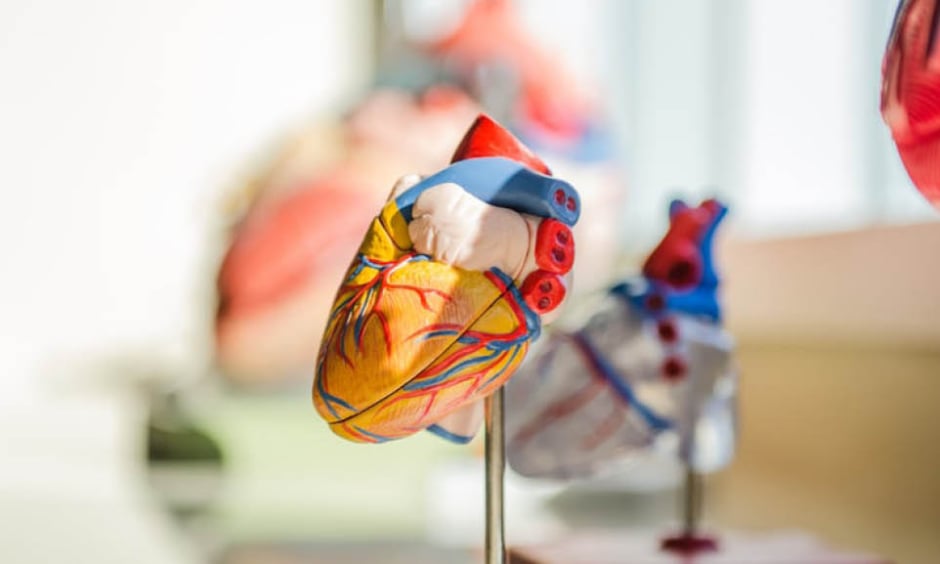Associated with heightened systemic inflammation, which elevates the risk of blood vessel disease and diabetes, psoriasis a chronic autoimmune disease, affecting approximately 100 million people worldwide. To battle the skin disease, the body’s defence mechanism takes over. However, healthy skins cells are attacked as well in patients with psoriasis, resulting in an inflammatory response. In consequence, the inflammatory response can increase blood clot formation, resulting in blocked arteries which can lead to a heart attack and other cardiovascular events.
Dr Nehal Mehta, cardiologist and head of the Lab of Inflammation and Cardiometabolic Diseases at the National Heart, Lung, and Blood Institute (NHLBI) and his lab demonstrated that anti-inflammatory therapies used to treat severe cases of psoriasis can drastically reduce coronary inflammation in patients with the skin condition. Using a novel imaging biomarker, the perivascular fat attenuation index (FAI), they were able to measure the efficacy of the therapy in reducing inflammation. The study funded by the NHLBI, enrolled participants from an ongoing prospective cohort study (The Psoriasis Atherosclerosis Cardiometabolic Initiative cohort at the National Institutes of health). The study group consisted of 134 patients who had moderate-to-severe forms of psoriasis and had not received biological treatment for 3 months prior to the start of the study. From that cohort, the control group consisted of 52 patients who were treated with topical or light therapies only.
Serving as the basis for the study, Dr Mehta noted that “coronary inflammation offers important clues about the risk of developing heart artery disease.” In particular, coronary artery inflammation affects perivascular fat, the fat tissue surrounding arteries, by altering its composition. These changes can be captured by the FAI, which analyses CT scans, predicts patient’s risk of cardiovascular events, and was used to measure the effects of the anti-inflammatory therapies used to treat psoriasis. The 134 patients, who all had low cardiovascular risk, underwent CT scans at the start of the study and again a year later. FAI analysis showed that there was a significant reduction in coronary inflammation in patients receiving biological therapy compared to the control group. Furthermore, patients with pre-existing coronary artery plaques experienced a reduction in coronary inflammation following therapy.
The study is not only of significance for patients affected by psoriasis, but also those with other chronic inflammatory diseases such as systemic lupus erythematosus and rheumatoid arthritis, because patients affected by these inflammatory diseases have a higher risk of cardiovascular events. Having demonstrated that treatment via biological therapy, a type of drug that suppresses the immune system, was able to reduce coronary inflammation, Dr Mehta states that “our findings add to the growing body of research that shows treating underlying inflammatory conditions may reduce the risk of cardiovascular diseases.”








